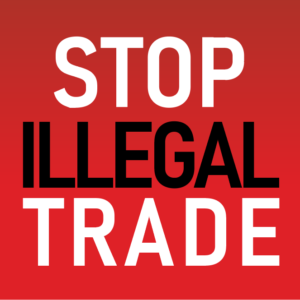LAHORE: Illicit trade is weakening Pakistan’s performance in the global arena and the country is losing a hefty chunk of tax revenue, which can be used to enhance development spending.
In a recent report, Ipsos stated that Pakistan could strengthen its position in the Human Development Index (HDI) by preventing tax evasion worth billions of rupees on account of illegal trade and investing the amount in improving health, educational and water facilities.
Ipsos, a global market and social research organisation, highlighted that the mammoth gap in tax collection, arising from illicit trade, was hampering the country’s ability to find extra cash to fund human development initiatives.
The report pointed out several issues that were driving the gap in revenue collection, however, it termed tax evasion one of the biggest reasons behind the huge revenue shortfall.
“Tax evasion not only affects overall development of the country but also triggers inflation as the burden to minimise the deficit is passed on to the public,” it said.
Earlier this year, Prime Minister Imran Khan agreed that tax evasion was one of the major reasons behind inflation in the economy.
Tax evasion caused loss of billions of rupees to the national exchequer, forcing the government to rely on indirect taxes, which led to price hike, the premier said in March 2021.
The Ministry of Planning, Development and Special Initiatives told Ipsos that the shadow economy of Pakistan was estimated at around 40% of gross domestic product (GDP) and tax evasion as a percentage of GDP stood at 6%, the report revealed.
Tea, tobacco, tyre and automobile lubricants, pharmaceuticals and real estate were the top tax evaders and total annual loss from these segments to the exchequer amounts to Rs310 billion.
The international research organisation stated that the pace of socio-economic development in Pakistan could be improved by curbing illicit trade.
“The hefty amount of Rs310 billion, lost each year from five sectors, amounts to 80% of the development budget for financial year 2020-21,” it said. “By saving this amount, Pakistan can increase the education budget by four times and the size of government’s social welfare programme by up to 60%.”
By saving these massive leakages, clean drinking water could be provided to 80% of the population through the installation of 391 water filtration plants in each of the 400 tehsils of Pakistan, the report added.













